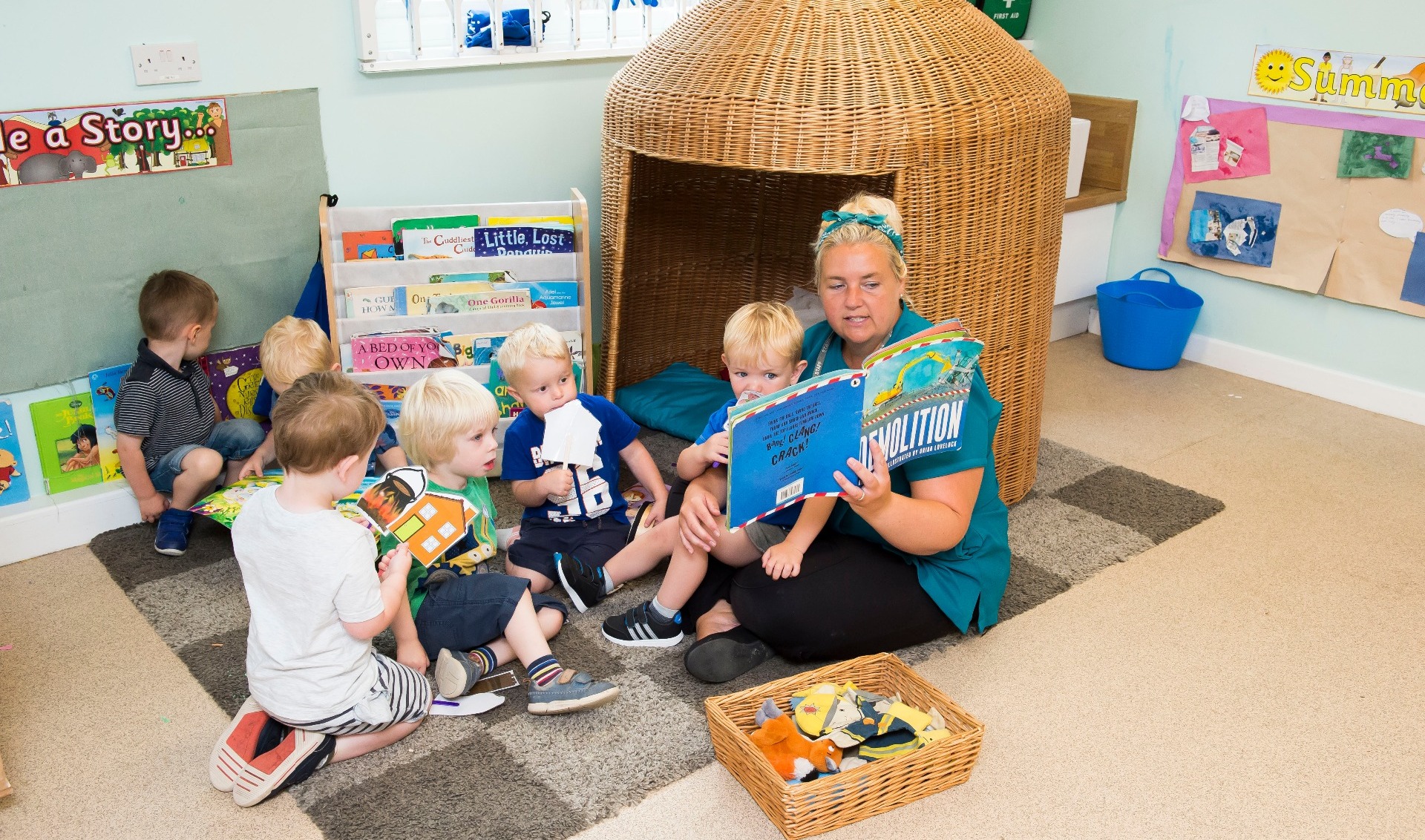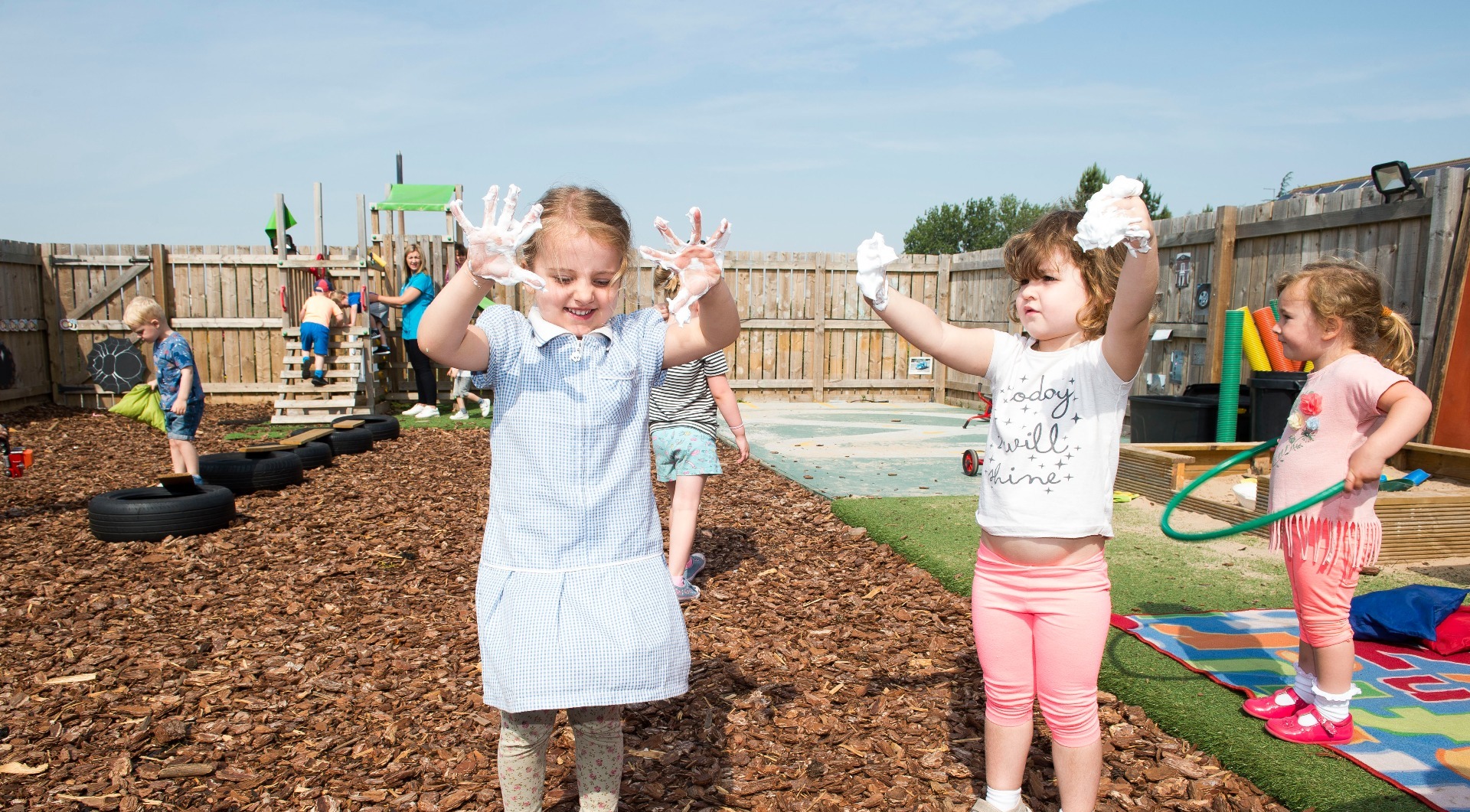Little Owls Day Nursery Curriculum
The Early Years Foundation Stage comprises of seven areas of learning and development
Our provision reflects the four overarching principles of the Statutory Framework for the Early Years Foundation Stage (EYFS)
A Unique Child
Every child is a unique child who is constantly learning and can be resilient, capable, confident and self-assured.
Positive Relationships
Children learn to be strong and independent through positive relationships.
Enabling Environments
Children learn and develop well in enabling environments, in which their experiences respond to their individual needs and there is a strong partnership between practitioners, parents and carers.

Learning and Development
Children develop and learn in different ways and at different rates. The framework covers the education and care of all children in early year’s provision including children with special educational needs and disabilities
Children start to learn about the world around them from the moment they are born. The care and education offered by our setting helps children to continue to do this by providing all of the children with interesting activities that are appropriate for their age and stage of development.
The Early Years Foundations Stage comprises of 7 areas of learning and development
Prime Areas
Personal, social and emotional development.
Physical development.
Communication and language.
Specific Areas
Literacy
Mathematics
Understanding the world
Expressive arts and design
For each area, the level of progress that children are expected to have attained by the end of the Early Years Foundation Stage is defined by the Early Learning Goals.
These goals state what it is expected that children will know, and be able to do, by the end of the reception year of their education
At Little Owls we use a concept introduced by Anna Ephgrave called ‘In the Moment Planning’ to ensure all children follow their own unique learning journey throughout their early years education.
Children are most engaged when they are undertaking activities that are child initiated and based on children's current interests. When children show high levels of involvement, that is when there is progress and development occurring – when the brain is at its most active. Planning in the moment helps to make this possible.
By providing an open ended and enabling environment supported by skilful staff we are able to seize the moment when a child shows a level of interest and curiosity. We can then draw out and extend these moments. Different children will engage in a range of ways, 'In the Moment Planning' ensures that every child's experiences are acknowledged and built upon.
Written ‘planning’ is done retrospectively in the form of observations, records of the interactions and notes on outcomes. These observations are available for parents to look at and comment on via their child’s individual learning journal.
Every week we choose 'Focus Children', we use sheets which keep an up to date record of our observations over the course of the week to ensure we are observing the child’s holistic development, these observations then become part of an individual record. All of these observation photographs and videos are uploaded onto our learning journal system for parents and carers to view at home or work.



